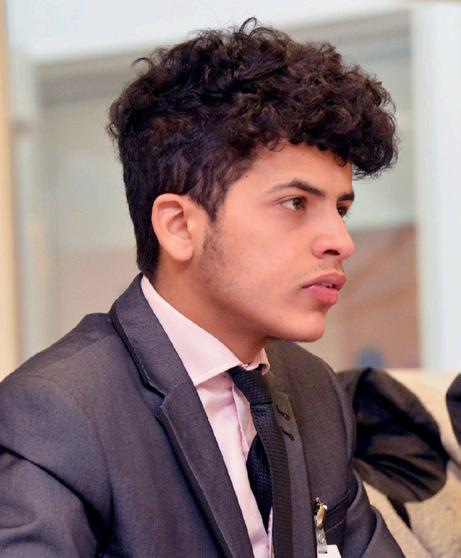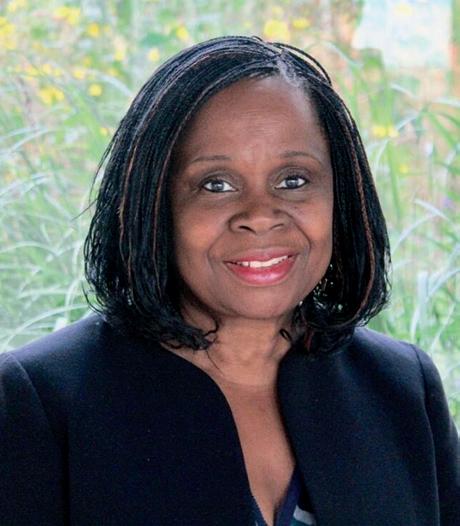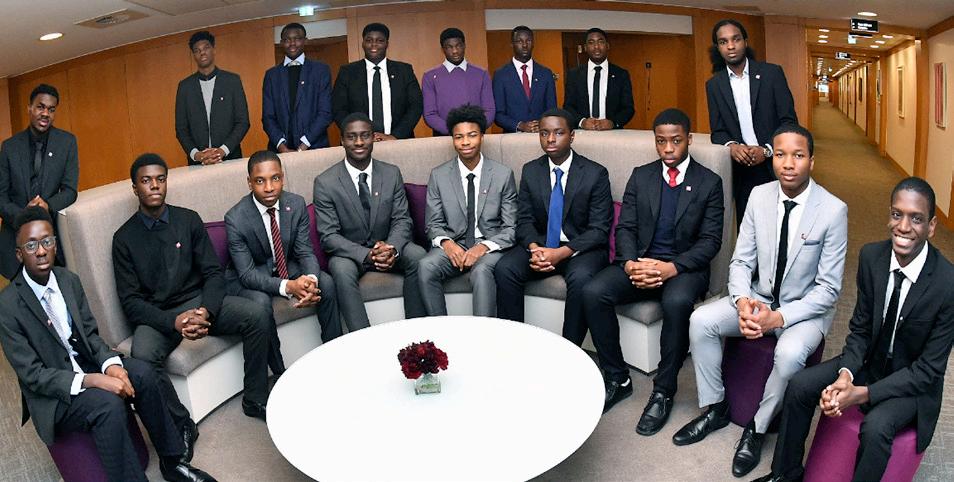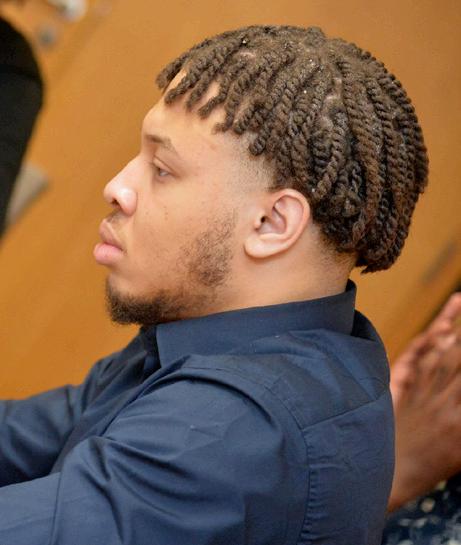
5 minute read
Memories of the pandemic
2020 will forever be a pivotal year for young people. They will remember the year they lost loved ones, their education was disrupted, the prospect of unemployment and the everincreasing number of students with mental health concerns. We will remember the year our medics stepped up. Their years of training applied to support the NHS in the fight against the global pandemic. Below are our students and medics sharing their thoughts, actions and insights.
Olamide Olurunfemi, Manchester University
Advertisement
Lockdown – reflections
This lockdown has allowed me to do things which are closer to my heart. More time to check in on distant family and friends.
David Ayeni, Cambridge University
My coping strategy was to continue doing work and to stay disciplined, but still allow time to relax and keep fit.
Oloamide Olurunfemi, Manchester University
During the lockdown, I have become a part of STAR (Student Action for Refugees) at York University, using social media to raise money and awareness of the work that the charity does.
Shaun Odili, York University
During the first national lockdown, I was offered the opportunity to perform the coin toss for the Wimbledon Tennis finals, however, due to COVID-19 I had to record it from my home as the tennis courts were closed. Just the thought of doing it despite the live audience rattled me and was the cause for so many retakes but I was honoured. I was invited to a peaceful #BlackLivesMatter protest on Tooting Common in the wake of the death of George Floyd, Breana Taylor, Rayshard Brooks, Daniel Prude and many others as part of the BAME youth mental health organisation #BlackMindsMatter. I performed my speech ‘See Me’ which talks about how young black men are stereotypically viewed and the potential people are missing. I was glad that it caused people to think as listeners told me it caused their perspective on young black men to shift.
I was introduced to my AMOS Bursary mentors, Norbert & Ann, last year. They help me in my education, professional or even personal matters all whilst being kind and genuine with me e.g. they really helped me when I was deciding what degree to do. They are still a massive help and I’m extremely thankful for them.
Elisha Peters, Year 13, 2020 Cohort
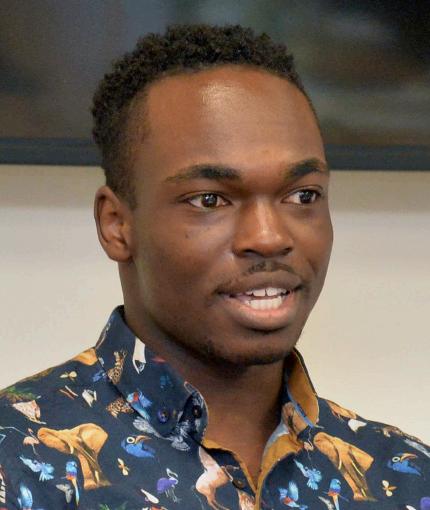
Daniel Oluboyode, Cambridge University
Our medics making a difference
The NHS is working very hard to keep us safe and we would like to celebrate and support our Doctors and NHS colleagues. To my knowledge, there has been no time in recent history where the UK medical school curricula has been disrupted to this extent. Similar to establishments in the private and public sectors, SARS-CoV-2 has brought unprecedented challenges to medical schools. Medical schools consist of a body of faculty members and associated teachers, the majority of whom concurrently practice as healthcare professionals themselves. They confronted a unique challenge in continuing to prepare new, competent healthcare professionals who can also adequately manage COVID-19-19, while themselves attempting to understand and manage front line pressures. Ingenuity and compromise have been the core of moving forward. 2020, at the height of the first COVID-19 wave, we saw a large proportion of final year medical students graduate around three months earlier than expected to increase the NHS workforce promptly. We also saw the majority of international and domestic elective placements – these are one to two-month placements, where students have the opportunity to experience working as a clinician in self-chosen environments across the globe, often considered as the highlight of the five to six-year course – cancelled.
Furthermore, an initial response to COVID-19 saw the majority of medical students practically barred from the clinical environment, as teaching moved from bedside face-to-face to remote online lectures.
As we have come to understand COVID-19 better, students have slowly returned to the clinical environment. However, in the interests of safety, this has been with reduced numbers and reduced opportunity to interact with patients. This has undoubtedly damaged thousands of medical students’ clinical school experience. Nonetheless, with challenge comes opportunity. These have included waking up five minutes before an online lecture as the morning commute has effectively become bed to desk. Students have also volunteered their time to bolster ongoing NHS efforts ranging from supporting patient care in ICU departments, to the vaccine rollout. Furthermore, time away from hospitals has increased opportunity for book learning, a critical aspect of medical education often neglected to the latter stretches of the academic year. Some have used their spare hours to pursue new, meaningful ventures to diversify their professional portfolio. The times are not ideal however there are silver linings. We look ahead to a brighter, productive 2021 while remaining poised to face any emerging challenges with the same tact, courage and humanity the NHS continues to exemplify.
Report by Daniel Oluboyede, Medical student, Cambridge University
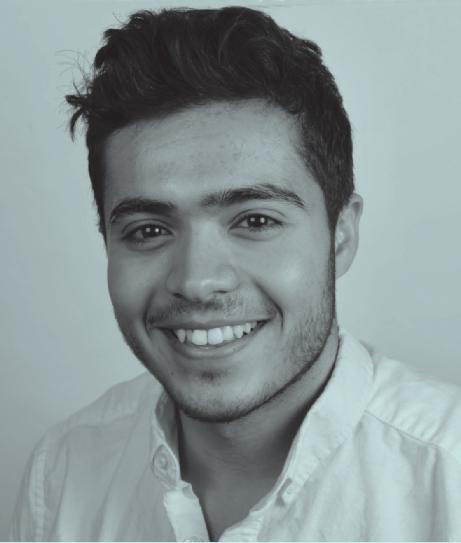
Abdel Mahmoud, UCL
I am a final year medical student at University College London (UCL) but currently based on a year placement working at Watford District General Hospital just north of London. It has been a strange and testing time as I am sure it has been for all.
As a medical student about to graduate in a matter of months, you are in a unique situation as whilst working in hospitals you are still learning. However, you can’t get good teaching as all the clinical staff are justifiably swamped with work. You also can’t practice fully and you aren’t insured/compensated but you are still expected to take part in the team almost like a foundation year doctor does. That is a scary responsibility, but then I remind myself that I have been studying for nearly six years to step up to this role and now’s the time.
Sadly, hospitals are as busy as the news shows and things are especially bad now in January, but there is a light at the end of the tunnel with the vaccine. As for me, I am hanging on tight for the next few weeks as it intensifies, taking it a step at a time and never forgetting to be grateful for the everyday little things that we still have blessing our lives, from family, to warm food, to shelter. We are all in this together.
Abdel Mahmoud, Final year Medical student, UCL



